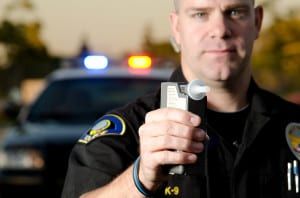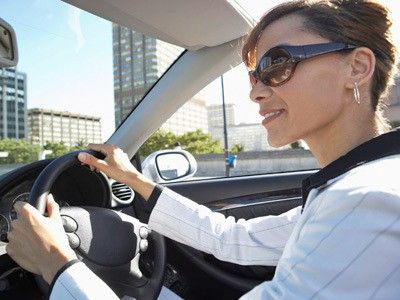 Like any group of superheroes, there is strength in numbers when fighting crime; an idea that may be most evident when states join together to fight drunk drivers. For example, a multi-state anti-drunk driving initiative, Checkpoint Strikeforce, was first introduced in 2002, and in states like Virginia, the results have been exceptional. In 2013, Virginia Governor Bob McDonnell credited the program for reducing drunk driving fatalities in the Commonwealth for five consecutive years and the program claims it has removed 500,000 drunk drivers from the roads since it began in 2002.
Like any group of superheroes, there is strength in numbers when fighting crime; an idea that may be most evident when states join together to fight drunk drivers. For example, a multi-state anti-drunk driving initiative, Checkpoint Strikeforce, was first introduced in 2002, and in states like Virginia, the results have been exceptional. In 2013, Virginia Governor Bob McDonnell credited the program for reducing drunk driving fatalities in the Commonwealth for five consecutive years and the program claims it has removed 500,000 drunk drivers from the roads since it began in 2002.
Checkpoint Strikeforce provides resources for sobriety checkpoints each week, in every participating state, as well as in Washington, D.C. Participating states are encouraged to share resources and come up with innovative ideas for the checkpoints, like a “happy hour” checkpoint. The idea is that no matter where you are, you could encounter a sobriety checkpoint, a big reminder that keeps people from driving drunk. And since a drunk driver can have personal consequence like jail time, car breathalyzer installations, court fines and other tragic losses, these reminders cannot happen enough.
In the 12 years that Checkpoint Strikeforce has been operating, it has removed thousands of drunk drivers from the roads, potentially saving millions of others from the dangers of an intoxicated driver. These checkpoints have also discovered those who were not wearing seat belts, using child safety seats, and brought other crimes (and criminals) to light. Whether in Virginia, West Virginia, Delaware or any of the other states participating in Checkpoint Strikeforce, a person who has been consuming alcohol has no business on the road. Through drunk driving awareness, sobriety checkpoints and saturation patrols, the D.C. region is reaping the rewards of Checkpoint Strikeforce, and setting an example for all other states to follow.

 Take My Breath Away: Car Breathalyzers Are Easy!
Take My Breath Away: Car Breathalyzers Are Easy!